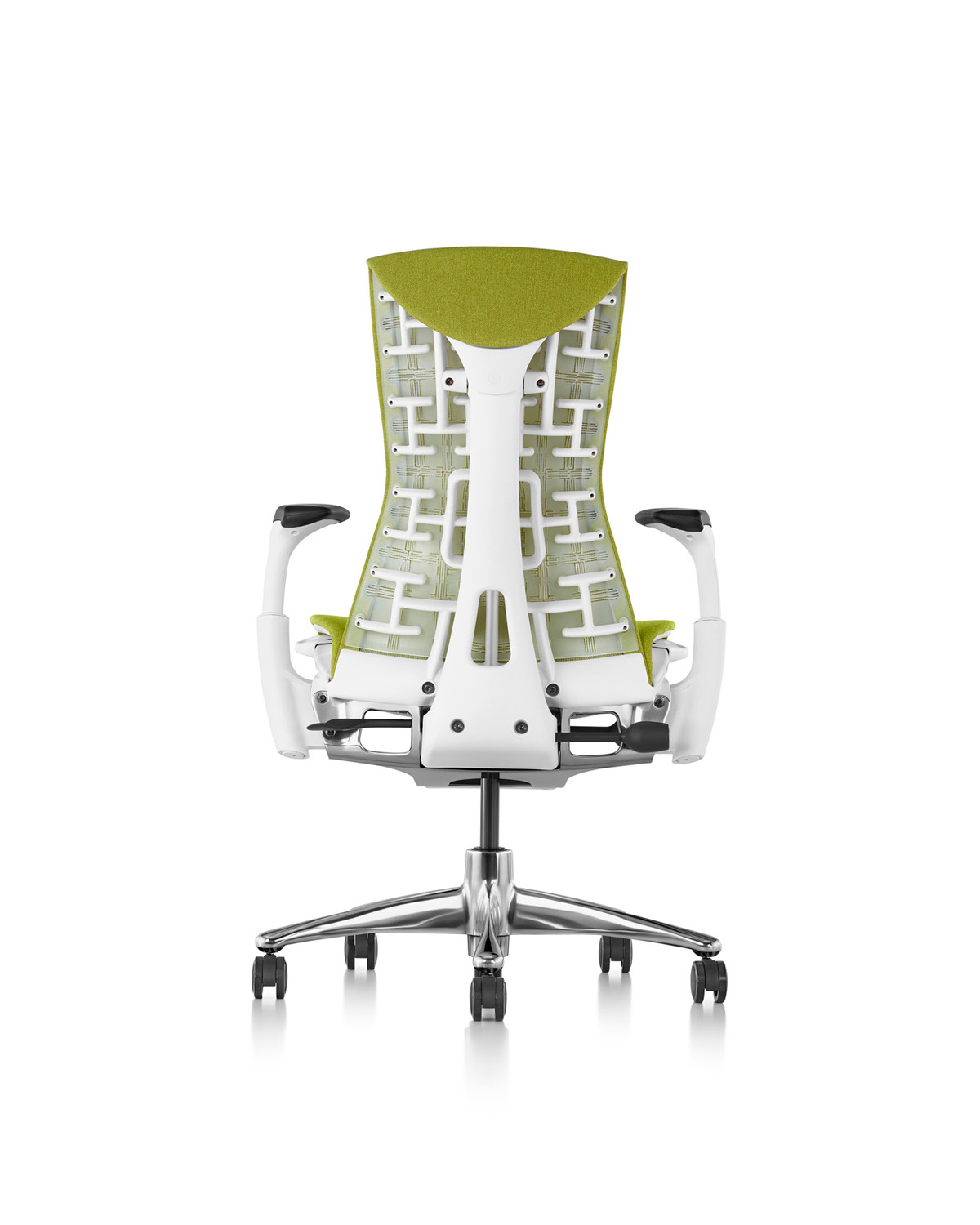Driving is an everyday activity for many people, but it’s important to remember that it comes with inherent risks. Whether you’re a new driver or have been behind the wheel for years, prioritizing safety should always be your top concern. By following a few essential tips, you can significantly reduce the likelihood of accidents and ensure a safer driving experience for yourself and those around you. Click this link to hire personal driver Dubai.
Master the basics:
Before hitting the road, it’s crucial to have a strong foundation of driving skills. Take the time to thoroughly learn and practice the basics, such as steering, accelerating, braking, and changing lanes. Familiarize yourself with all the controls in your vehicle, including lights, signals, and windshield wipers. Understanding the fundamentals will help you feel more confident and in control while driving.
Avoid distractions:
Distracted driving is a leading cause of accidents. Avoid using your phone, eating, or engaging in any other activities that take your attention away from the road. If necessary, pull over in a safe location to address any distractions or use hands-free devices for essential tasks like navigation.
Observe traffic laws:
Traffic laws exist for a reason – to keep everyone on the road safe. Familiarize yourself with the rules of the road, including speed limits, right-of-way, and traffic signs. Always follow these laws, as they are designed to ensure a smooth and orderly flow of traffic.
Maintain a safe following distance:
Keeping a safe following distance is vital to prevent rear-end collisions. Maintain a distance of at least three seconds between your vehicle and the one ahead of you. This will give you enough time to react if the vehicle in front suddenly stops or slows down.
Use turn signals:
Signaling your intentions with turn signals is a simple yet effective way to communicate with other drivers. Use your signals well in advance before making any turns or changing lanes. This will allow other drivers to anticipate your actions and adjust their driving accordingly.
Stay alert and avoid fatigue:
Fatigue can impair your reaction time and decision-making abilities. Make sure to get adequate sleep before embarking on long drives. If you feel drowsy during a journey, take regular breaks, and, if possible, switch drivers. Also, watch out for other signs of fatigue, such as yawning, difficulty focusing, or drifting within your lane.



